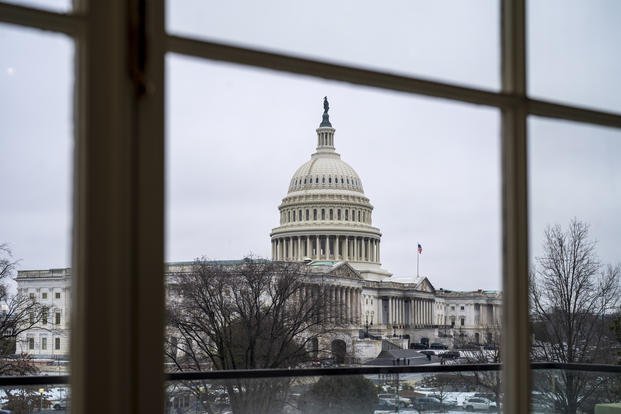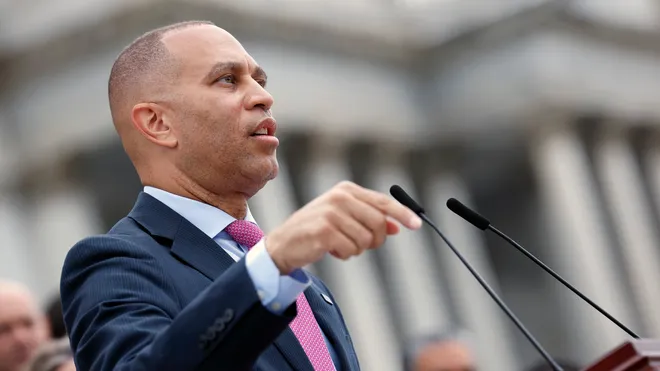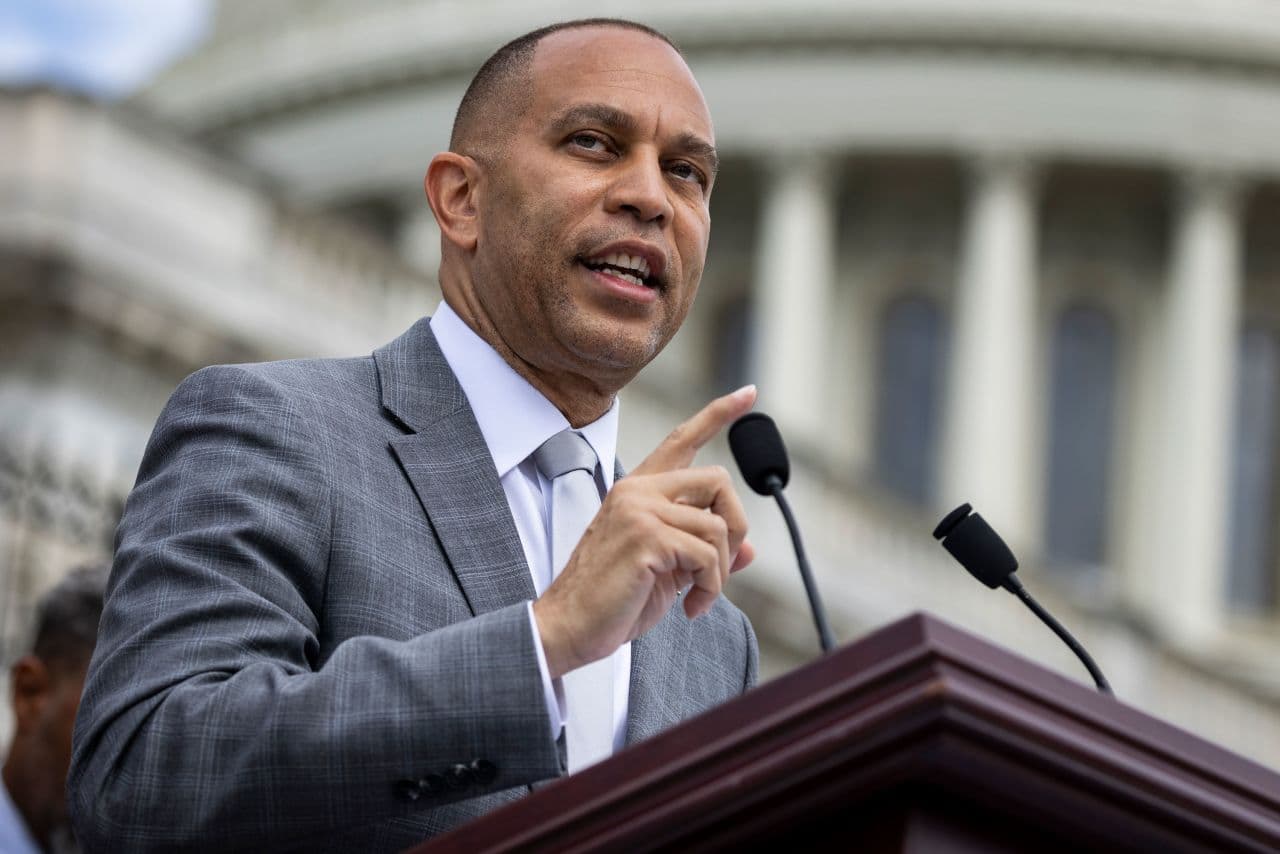The escalating tension in Congress reached a new boiling point as House Minority Leader Hakeem Jeffries vowed to take his "sweet time" holding the floor to delay the passage of the so-called "Big, Beautiful Bill." This legislation, though marketed with flowery language, has raised significant concerns among progressive lawmakers and civil rights advocates about its implications for marginalized communities and the environment.
Democratic Unity at Stake
Jeffries" decision to delay the bill is more than a tactical maneuver; it"s a bold statement against a legislative process that often prioritizes corporate interests over the needs of everyday Americans. By making it clear that he will use his position to rally Democrats against this bill, he is potentially risking the fragile unity among party members. As reported by AP, his rally outside the Capitol was not just a call to action but a direct challenge to corporate lobbyists who have infiltrated the legislative process.
Corporate Influence on Legislation
This legislation has been criticized for its ties to corporate donors and special interests, raising alarm bells among progressives who are fighting for a more equitable political landscape. The "Big, Beautiful Bill" is backed by a coalition of corporations that stand to gain financially, while the average American is left to bear the burden of its consequences. The deliberate delay by Jeffries may shine a spotlight on these corporate influences, urging constituents to question whose interests are truly being served.
Impact on Civil Rights
Jeffries’ stance resonates deeply within the context of civil rights and social justice. Any bill that sidesteps the needs of vulnerable populations—particularly people of color, low-income families, and other marginalized groups—must be scrutinized. According to NBC News, advocates are particularly worried about provisions that could exacerbate economic inequality and infringe upon voting rights.

Prosecutors Conclude Army Veteran"s Capitol Riot Pardon also ...
Crisis of Accountability
As Jeffries holds the floor and voices concerns, he highlights a critical issue: the lack of accountability among lawmakers who prioritize corporate donations over their constituents" needs. This maneuver not only underscores the urgent need for campaign finance reform but also raises questions about the integrity of the legislative process itself. The implications are far-reaching; if lawmakers can be swayed by financial incentives, how can they be trusted to represent the interests of the people?
Public Response and Mobilization
Public sentiment is already shifting, as grassroots movements mobilize to support Jeffries" efforts. Activists across the nation are rallying behind the idea that legislators should be held accountable to their constituents, not their corporate donors. The growing chorus of voices demanding transparency and fairness in government could be a turning point in how future legislation is approached.
Future of Democratic Governance
The struggle surrounding the "Big, Beautiful Bill" is emblematic of a larger fight for the soul of the Democratic Party. Will it remain a party of the people, or will it succumb to the pressures of corporate influence? Hakeem Jeffries’ decision to delay the bill is not just a tactical move; it is a clarion call for a shift towards more democratic governance that truly reflects the will of the people.

Hakeem Jeffries delays House vote on Trump bill with speech



![[Video] Gunfire between Iraqi security forces and Sadr militias in Baghdad](/_next/image?url=%2Fapi%2Fimage%2Fthumbnails%2Fthumbnail-1768343508874-4redb-thumbnail.jpg&w=3840&q=75)
